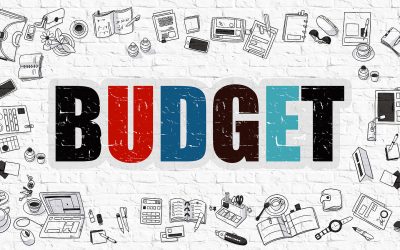Debt restructuring arrangements are likely to become more prevalent in the tough economic conditions that South Africa currently encounter. One of the key considerations when entering into such an arrangement is to understand the tax consequences.
This article provides a high level overview of some of the critical features of the tax rules that apply to debt relief. The purpose of the article is to assist taxpayers to identify instances when they need to consider these rules; not necessarily to explain or explore all the intricate details of the rules.
Tax consequences in a nutshell
Businesses incur debt to enable them to fund expenditure. This expenditure may be day-to-day operating costs or costs to acquire assets. Most of these costs are deductible for tax purposes at some point in time. Operating costs are, generally, deductible against income from operations when determining taxable income. Expenditure incurred to acquire assets is deductible either as an allowance as the asset is used (for example, wear-and-tear allowance) or alternatively when a capital gain or loss is determined on disposal of the asset.
If the debt is waived or no longer repayable, the borrower would have enjoyed, or in the case of asset not yet sold may in future enjoy, the benefit of a tax deduction for expenditure that it did not truly incur. In simple terms, the debt relief rules require that the effect of this tax deduction should be reversed.
In order to do this, the rules require that the borrower should trace the purpose for which the debt from which it was relieved was used. If the expenditure that was funded with the debt previously had the effect of reducing taxable income, this deduction should be recouped as income. If the expenditure reduced the capital gain when an asset was sold, this capital gain must be increased. If the taxpayer still holds the asset, the base cost of the asset, which will in future reduce capital gains on its disposal, should be reduced.
Trigger events
The debt relief rules apply when a debt concession or compromise occurs. The Income Tax Act defines the events that are considered to be concessions or compromises:
- When a debt is cancelled or waived. These two terms are not specifically defined for tax purposes. It should be arguably established from a legal and commercial perspective whether an arrangement results in a waiver or cancellation of a debt.
- Arrangements where the debt is extinguished by redemption (either by the borrower or a connected person) or by merger when the borrower acquires the debt claim.
- In the case of a borrower that is a company, when the debt is settled, directly or indirectly, by being converted to or exchanged for shares in the borrower company, or by applying the proceeds from a share issue by the company. This trigger event essentially refers to debt capitalisation transactions.
Tax benefit
The trigger events do not necessarily have a tax effect. The next step that is required is to determine the amount of the debt benefit as a result of the trigger event. The adjustments described earlier are made for the debt benefit amount. The treatment of debt benefits that arise from debt capitalisation transactions differ from that of the other trigger events as the focus is on the reversal of interest previously deducted.
In conclusion
The debt relief tax rules are complex. There are a number of exceptions and interactions with other provisions of the legislation, which have not been considered in this article, that should be taken into account. It is sensible to obtain advice on the application of the debt relief rules to a specific set of facts before entering into such an arrangement.








